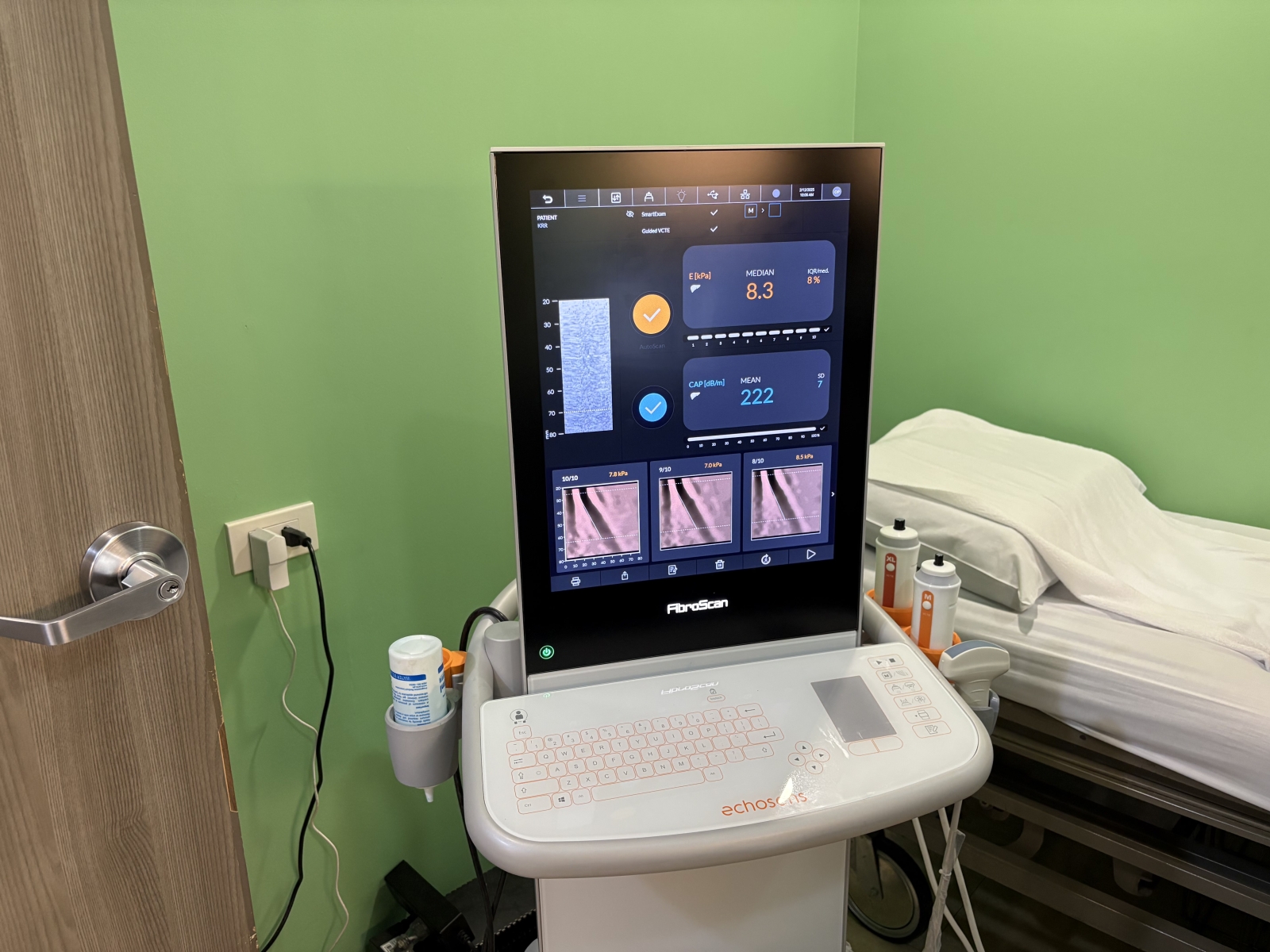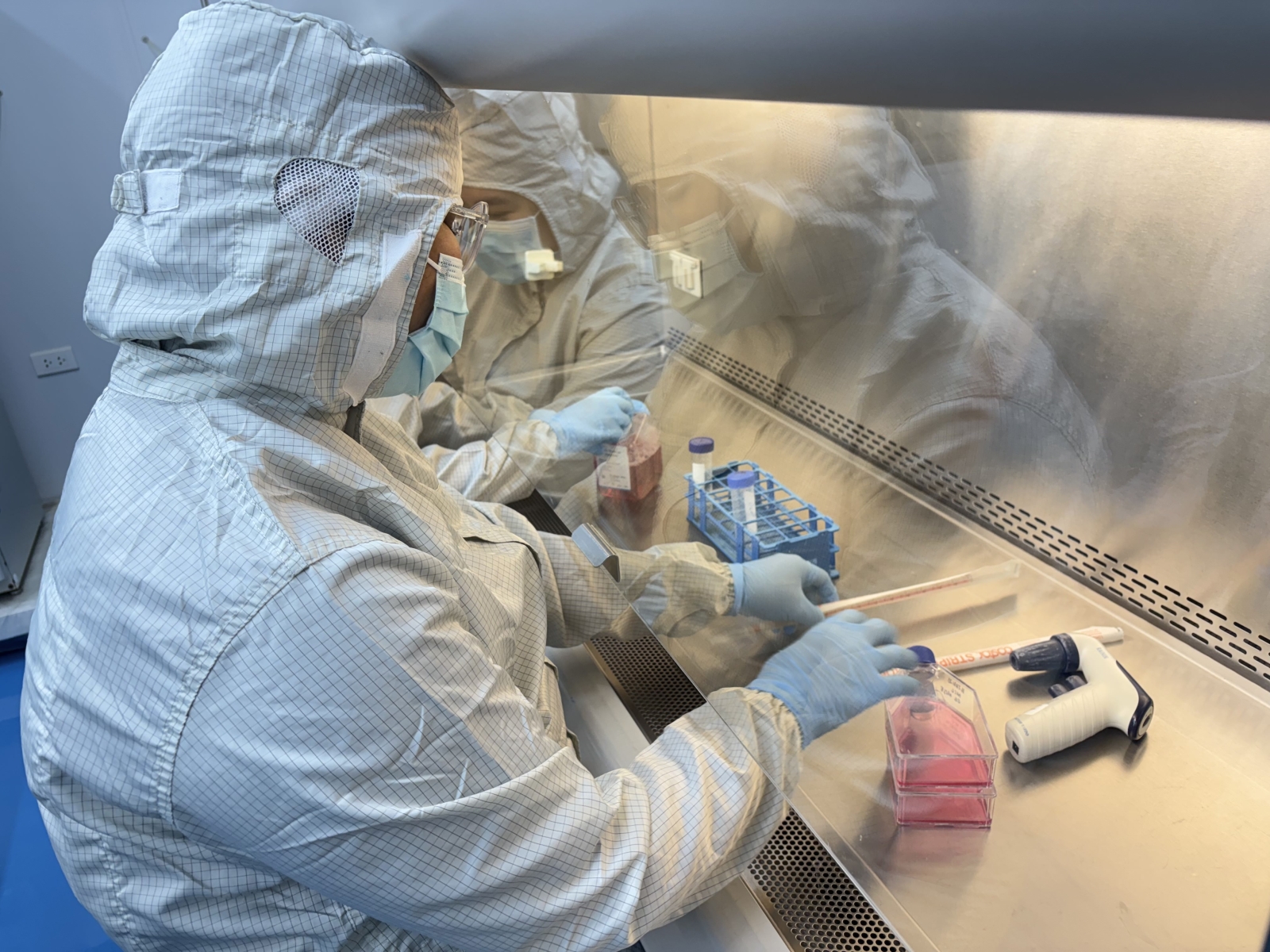Due to the high cost, Manila has a lower transplant.
Medical City (TMC) Ortigas has partnered with the state-owned Rizal Medical Center (RMC) to expand opportunities for liver transplants in the Philippines’ under-hair organ donation system.
Unlike many Western countries and some Asian neighbors, the Philippines has low organ donation rates.
“We’ve been doing it [liver transplantation] Since 2011, we have completed only 26 cases. “It was about twice a year,” she said in an interview. ”
To meet the challenges, de Villa explores the public-private partnership model, leading to the collaboration between TMC and RMC. “Since RMC is a hospital affiliated to the Ministry of Health, ensuring government support will be more feasible.”
“The center also has a reliable liver program and actively sends young doctors abroad for further training,” she noted.
General surgeon De Villa attributes the low transplant to the high cost of the procedure, with most Filipino patients choosing to go to countries such as India or Taiwan. “The numbers in India are amazing, there are hundreds of transplants there and we are not yet at 100.”
“If there is a choice, many people want to stay in the Philippines, but the perception is that private hospitals are too expensive,” she said. “Those who go abroad manage to get support from sponsors and charitable foundations.”
The program is being developed at Rizal Medical Center and will begin transplants at a Manila-based hospital. The National Hospital is building another facility, and De Villa hopes to provide the infrastructure needed for the transplant program.
“I also joined the medical staff at Rizal Medical Center, which allowed me to watch and understand the hospital’s systems,” De Villa said. “We can provide high-quality liver grafts, so why not provide patients with affordable local alternatives?”
Doctors say most liver transplants in TMC involve life, not brain-dead donors.
“We have a dedicated machine to cut the liver, which is an ultrasonic cutter, and as the technology evolves, it has been an important upgrade.”

The hospital also has a dedicated liver transplant coordination system where experts supervise patients’ follow-up, medications and potential complications. “We can provide interventional radiology, repeat surgery and other necessary therapies.”
De Villa said the TMC plans to resume a program designed to build a community of transplant patients to connect, share experiences and support each other. The support group was once active before COVID-19 hit.
“We use landlines and cell phone numbers to communicate, but the liver center is not very active on social media yet,” she said. “This is something we can explore in the future.”
Medical City Ortigas has a multi-center clinical trial site that spans specialized research in oncology, cardiology, liver disease and infectious diseases.
The hospital’s Clinical and Translational Institute is exploring chimeric antigen receptor (CAR) T cell therapy, which helps patients’ immune systems better recognize and destroy cancer cells.

Edgar Dimaguila, head of the clinical trial division at TMC, said in the same interview that the institute was also involved in stem cell research and gene therapy, although these initiatives are still in their early stages.
“We had a preliminary discussion with the stem cell company,” he said. “They also provided us with the necessary training for the program.”
He added that the trials conducted in TMC were mainly from international and multinational development companies.
Dimaguila said TMC is going all out, with all five hospital branches in the Philippine capital, as well as Iloilo, Pampanga, Pangasinan and Laguna conducting clinical trials.




